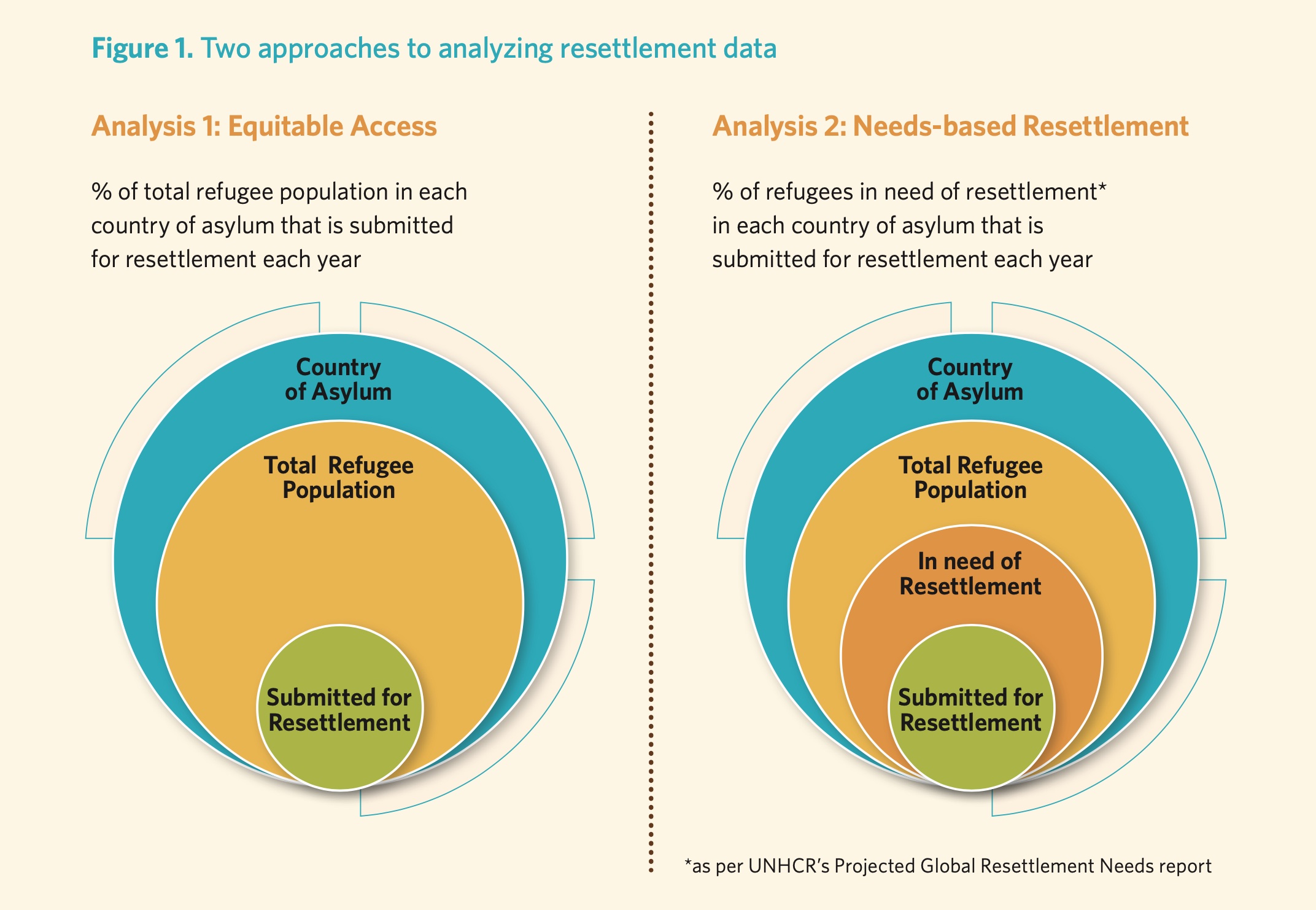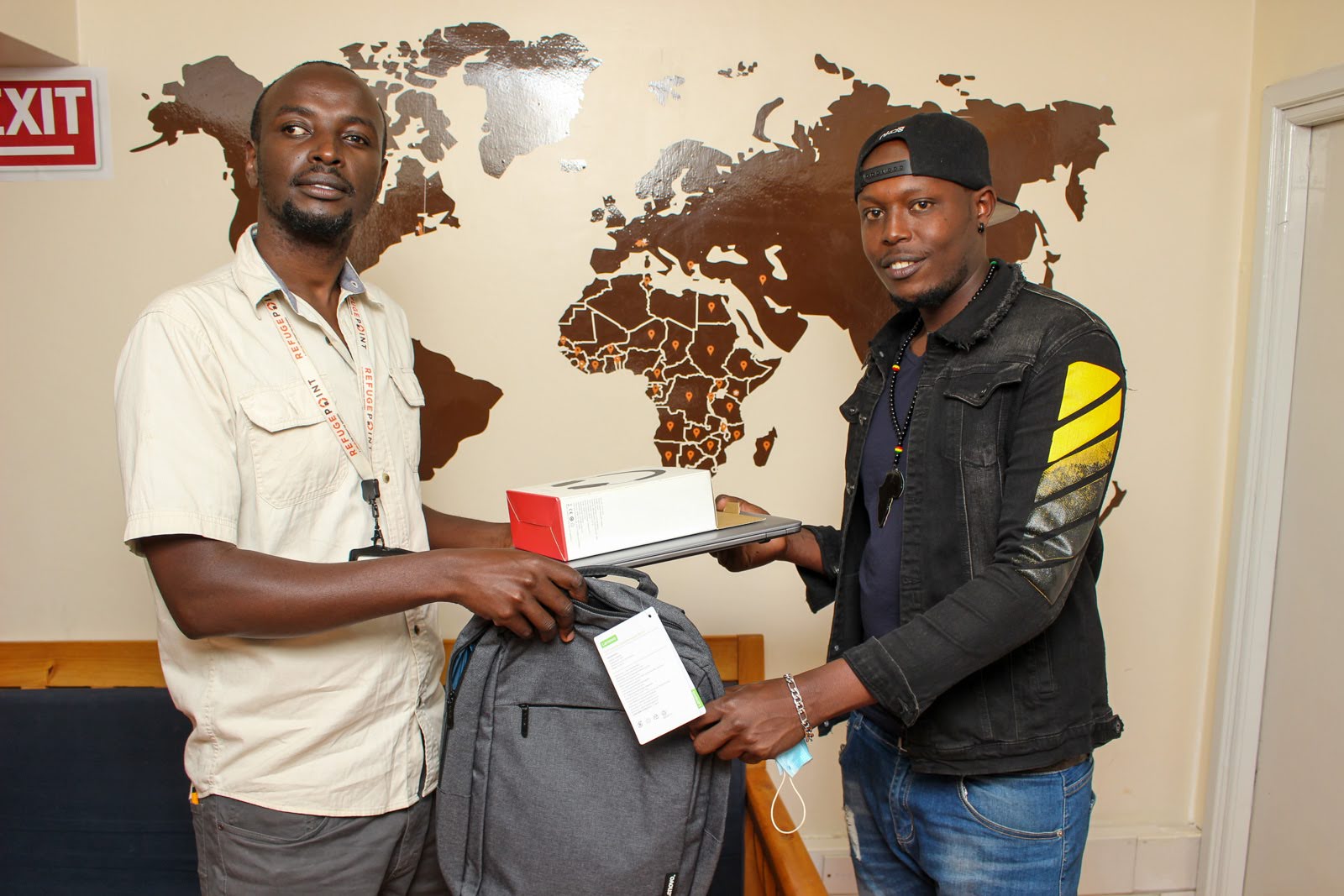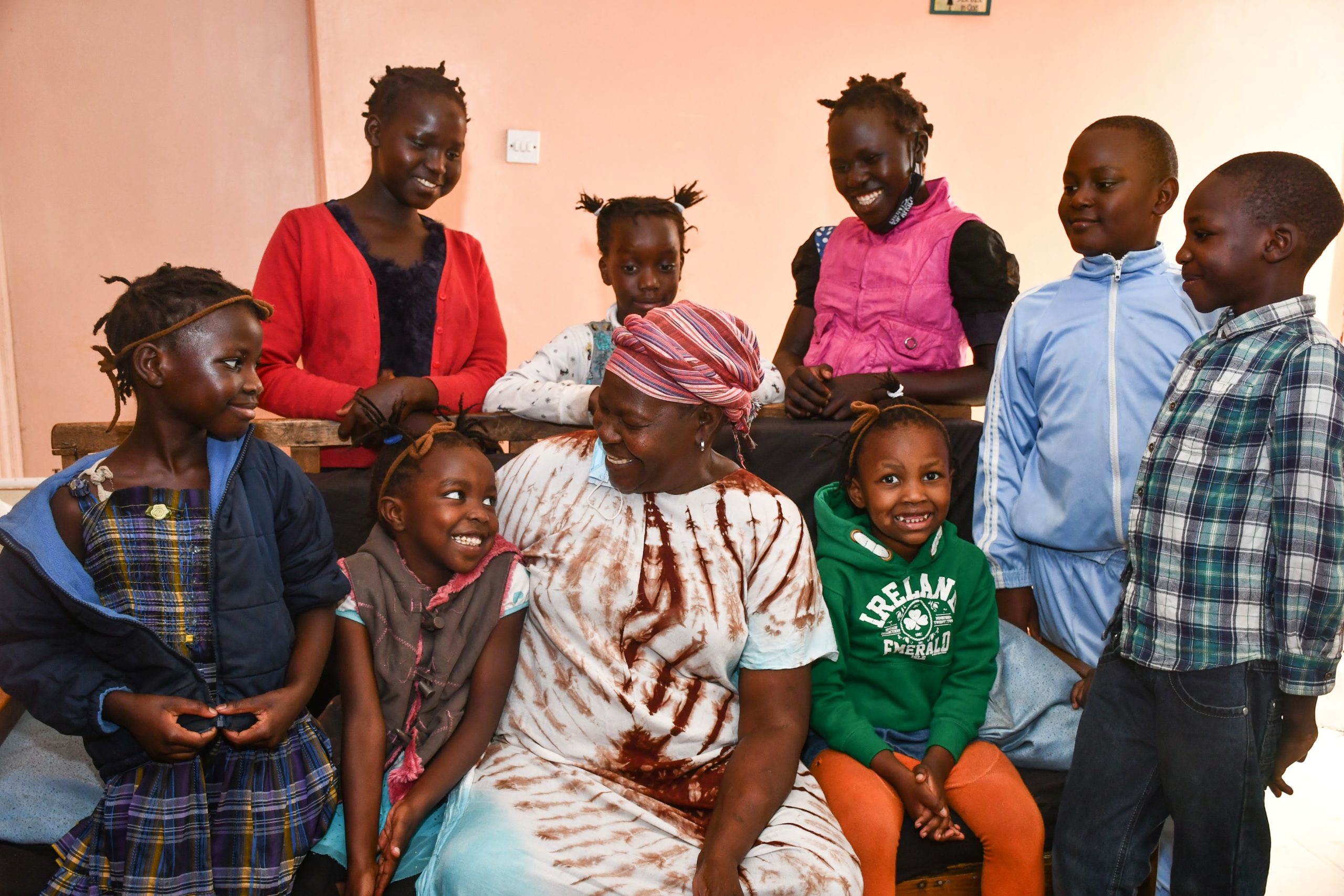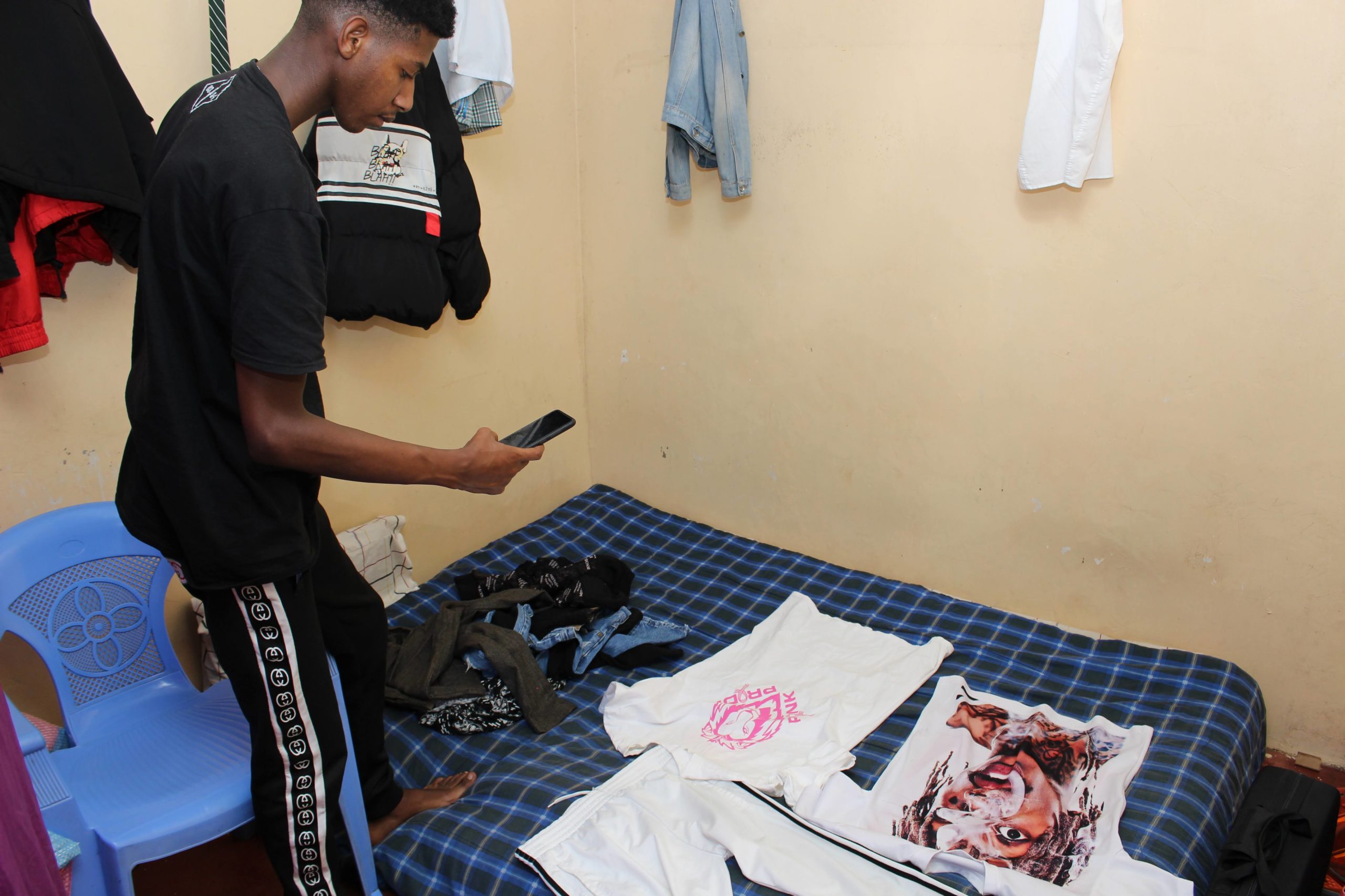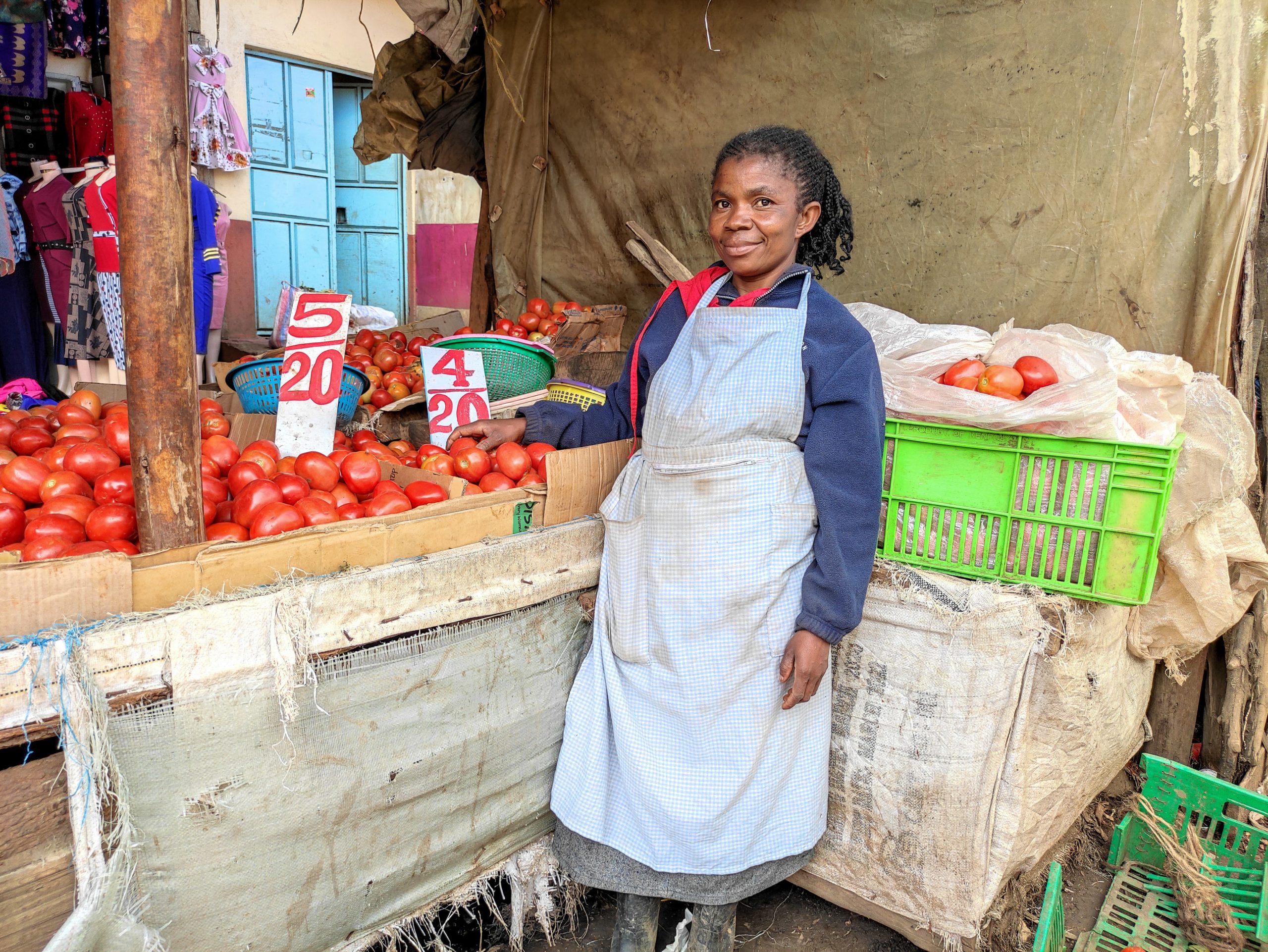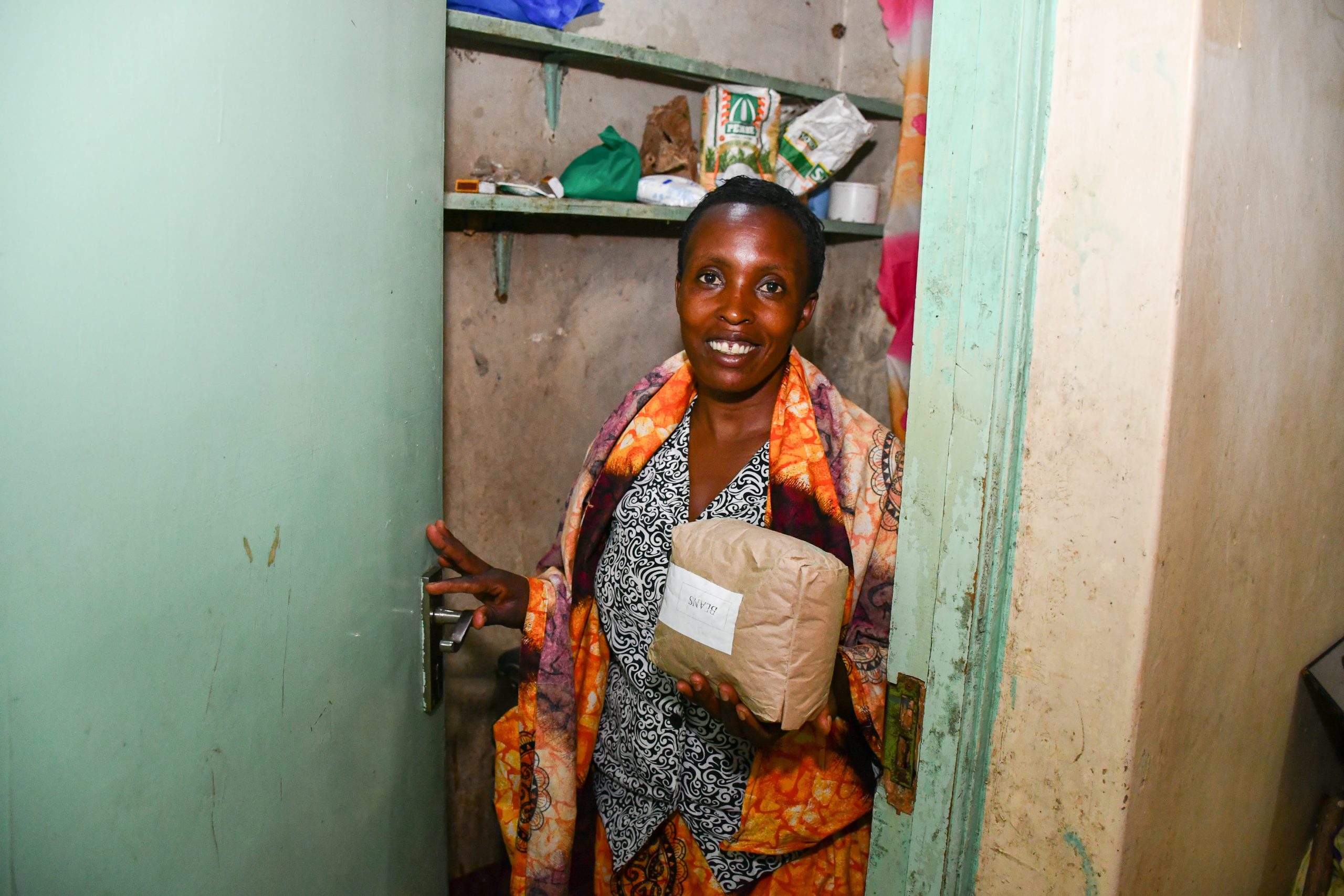Hakizimana
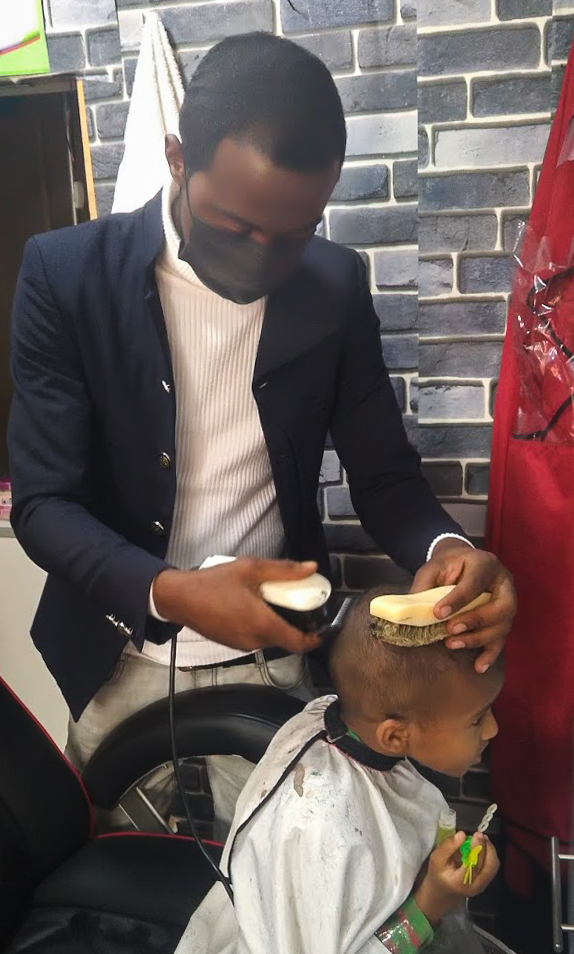
Hakizimana is the proud owner of a barbershop nestled in the Eastleigh suburb of Nairobi. “I used to work for someone here in Eastleigh, a Kenyan. I enjoy doing this work as a barber, and I saw that if I can do it by myself, it would be better than working for someone else,” he said as we spoke to him about his business. When he arrived in Nairobi, Kenya, from Burundi in 2015, Hakizimana knew he had to find an income-generating activity quickly. He worked at a barbershop until 2019, when he made up his mind to strike out on his own.
In 2019, Hakizimana approached RefugePoint for support and received training on running a business, creating a savings culture, and keeping proper records. With this newly gained knowledge, a $200 start-up business grant,and two office chairs donated to him through the efforts of his caseworker, Hawa, Hakizimana started a small barbershop in his neighborhood. The business picked up, and soon Hakizimana saved up enough money to buy specialized barber’s chairs and hire employees. Soon after, he expanded the shop to include a salon.
The start of the COVID-19 pandemic brought many businesses to a halt across Nairobi. Like many entrepreneurs, Hakizimana was seriously affected. The barbershop was already widely popular in his neighborhood, and he was looking at setting up a second location, but the lockdowns forced him to halt those plans. Thankfully, Hakizimana had developed a good saving habit, putting away $5 at the end of every day in his mobile money account. This money helped him stay afloat during the lockdowns, and RefugePoint supported Hakizimana with rent and a small grant to restart the business once the lockdowns ended.
However, business is challenging. “I pay for a daily license fee since I cannot get a monthly license with my refugee identification. The county officials often come to cart away my equipment, saying I don’t have a license. I have learned how to speak to them and appeal to their human side so that they can leave my business alone,” Hakizimana told us.
The business has helped Hakizimana and his family become self-reliant. He can now meet his family’s needs comfortably, unlike when he worked for another barber. Hakizimana hopes that when business picks up again, he will finally open a branch in a second location.
Hakizimana wanted to share a message of hope to other refugees who are thinking of starting businesses: “What’s important is having patience. That patience will help you to figure out what you want to do. With that patience, even with just 5 shillings, you can get to where you want.”

Hakizimana is the proud owner of a barbershop nestled in the Eastleigh suburb of Nairobi. “I used to work for someone here in Eastleigh, a Kenyan. I enjoy doing this work as a barber, and I saw that if I can do it by myself, it would be better than working for someone else,” he said as we spoke to him about his business. When he arrived in Nairobi, Kenya, from Burundi in 2015, Hakizimana knew he had to find an income-generating activity quickly. He worked at a barbershop until 2019, when he made up his mind to strike out on his own.
In 2019, Hakizimana approached RefugePoint for support and received training on running a business, creating a savings culture, and keeping proper records. With this newly gained knowledge, a $200 start-up business grant,and two office chairs donated to him through the efforts of his caseworker, Hawa, Hakizimana started a small barbershop in his neighborhood. The business picked up, and soon Hakizimana saved up enough money to buy specialized barber’s chairs and hire employees. Soon after, he expanded the shop to include a salon.
The start of the COVID-19 pandemic brought many businesses to a halt across Nairobi. Like many entrepreneurs, Hakizimana was seriously affected. The barbershop was already widely popular in his neighborhood, and he was looking at setting up a second location, but the lockdowns forced him to halt those plans. Thankfully, Hakizimana had developed a good saving habit, putting away $5 at the end of every day in his mobile money account. This money helped him stay afloat during the lockdowns, and RefugePoint supported Hakizimana with rent and a small grant to restart the business once the lockdowns ended.
However, business is challenging. “I pay for a daily license fee since I cannot get a monthly license with my refugee identification. The county officials often come to cart away my equipment, saying I don’t have a license. I have learned how to speak to them and appeal to their human side so that they can leave my business alone,” Hakizimana told us.
The business has helped Hakizimana and his family become self-reliant. He can now meet his family’s needs comfortably, unlike when he worked for another barber. Hakizimana hopes that when business picks up again, he will finally open a branch in a second location.
Hakizimana wanted to share a message of hope to other refugees who are thinking of starting businesses: “What’s important is having patience. That patience will help you to figure out what you want to do. With that patience, even with just 5 shillings, you can get to where you want.”

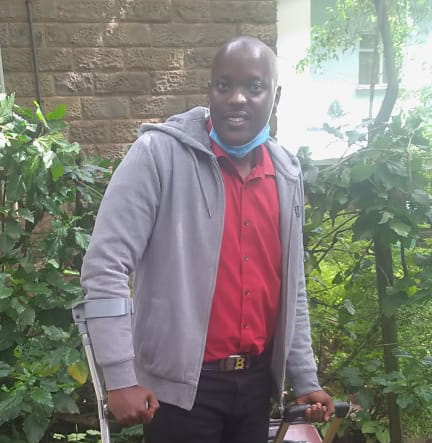
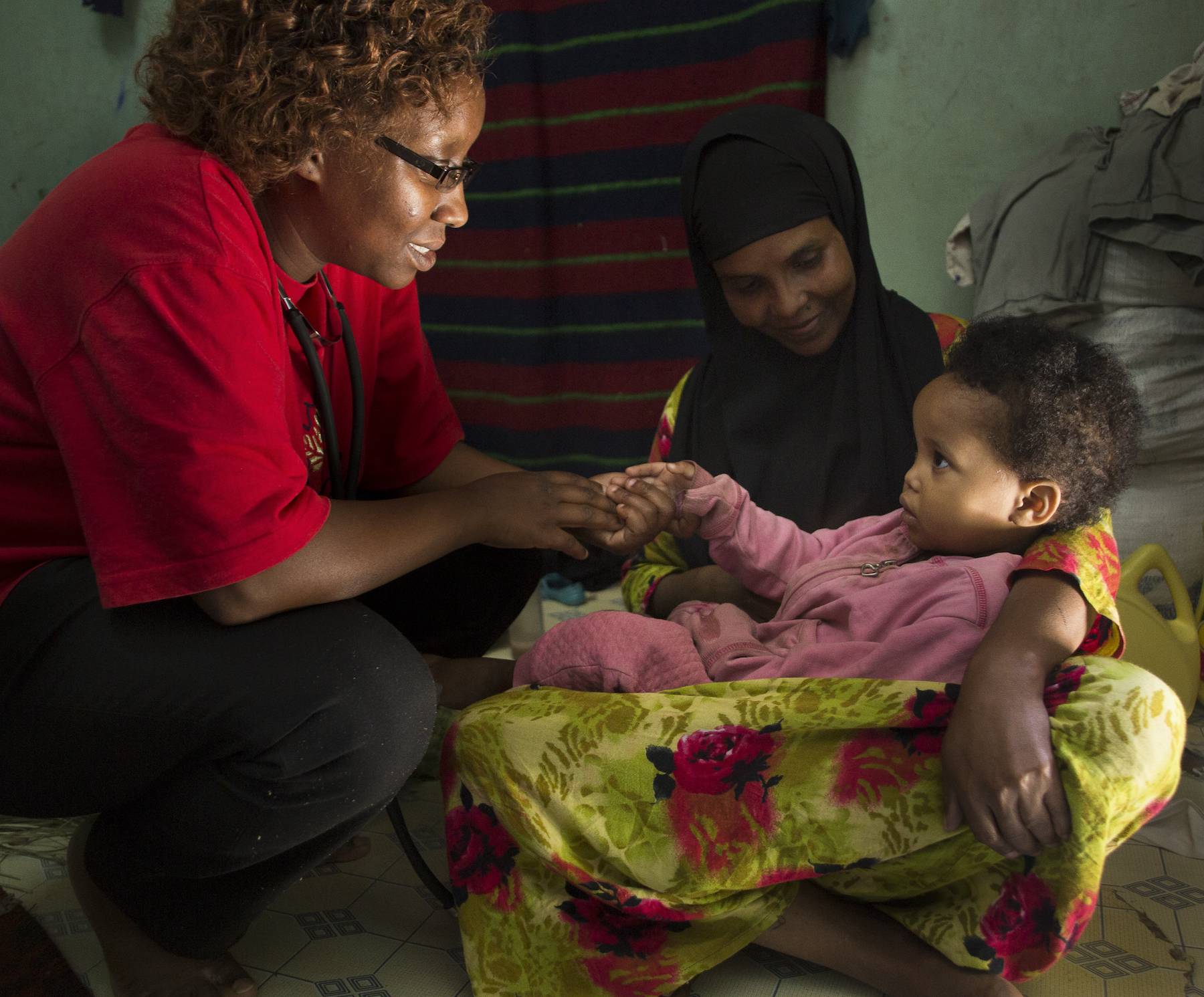
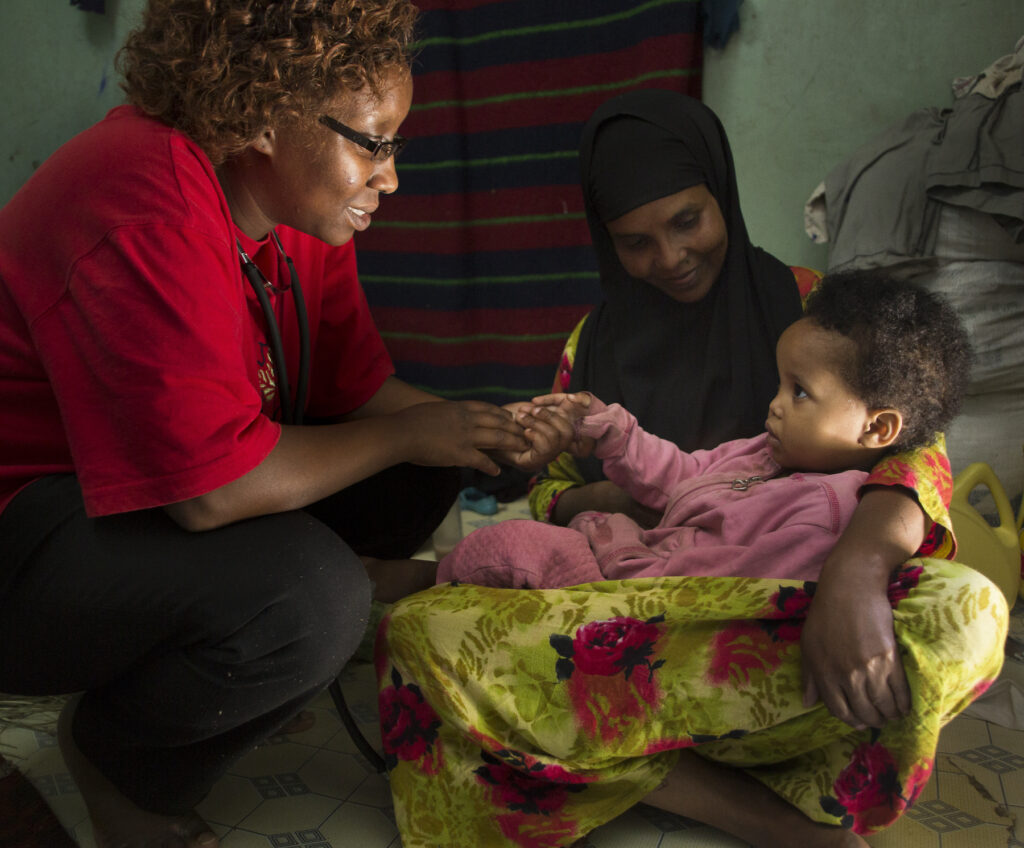

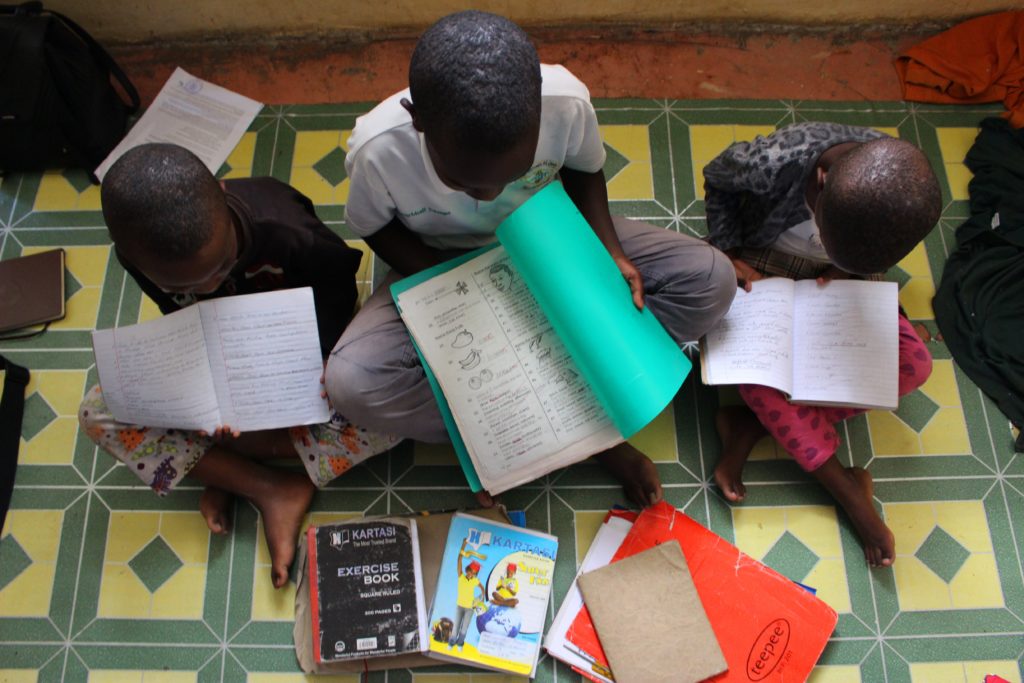
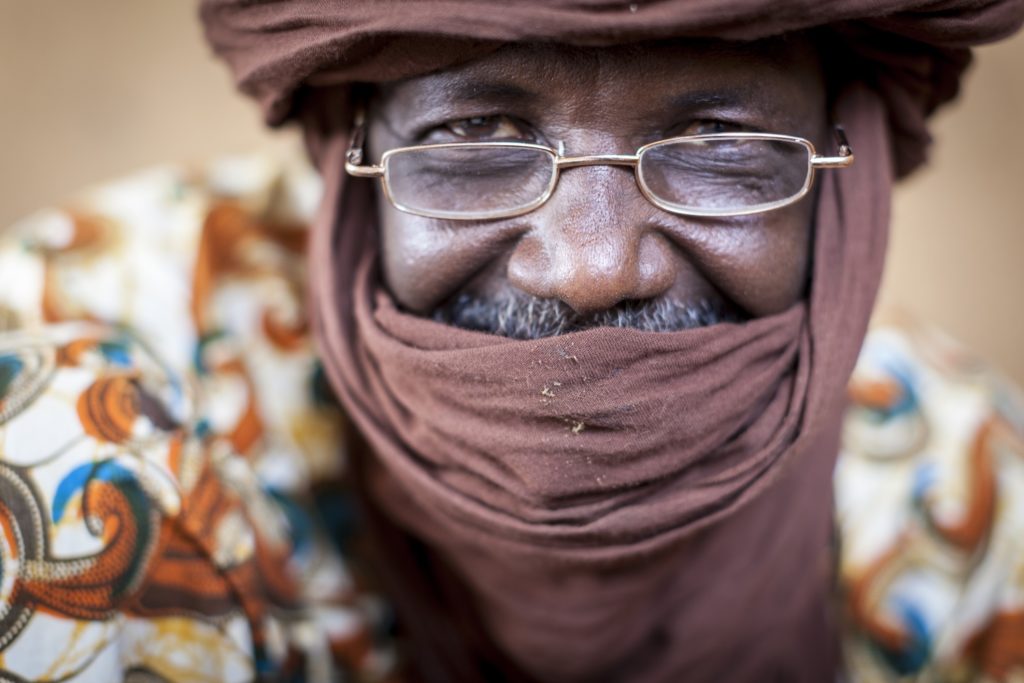

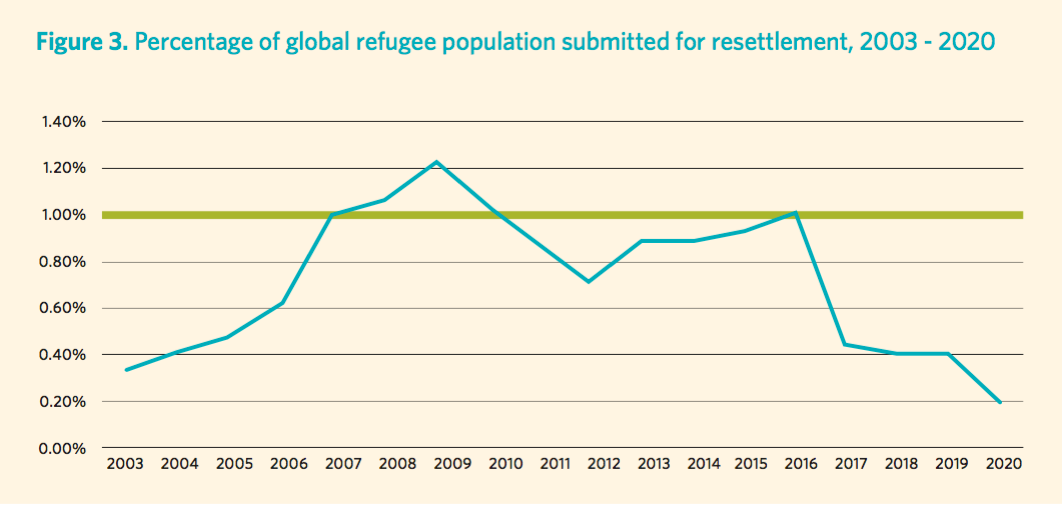
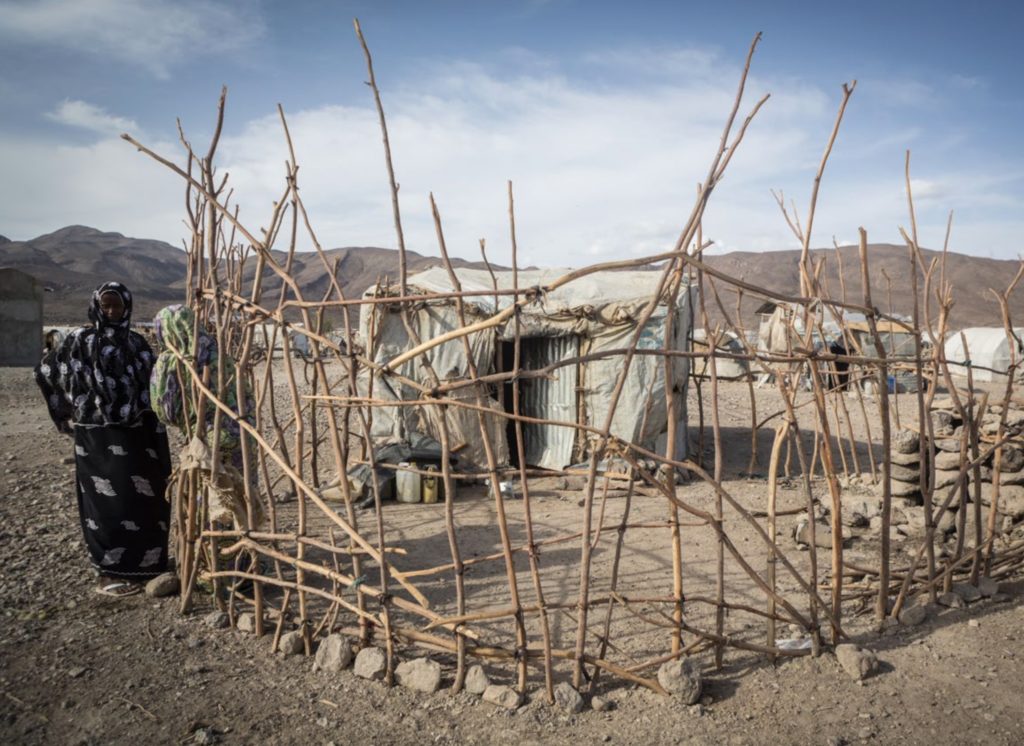 Photo by: Nancy Farese
Photo by: Nancy Farese